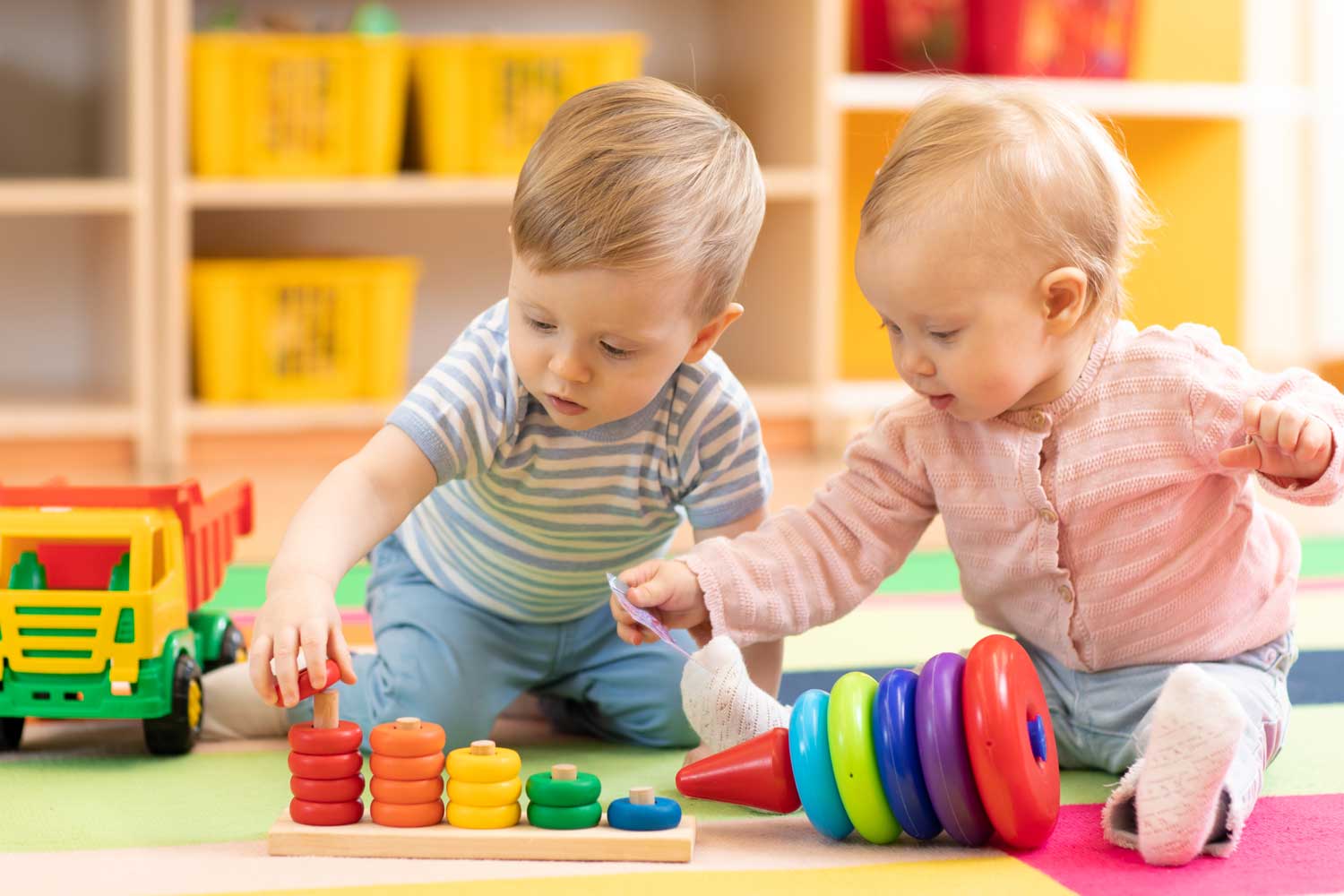When it comes to children's daycare, the focus isn't just on supervision and play; nutrition plays a crucial role in shaping their overall experience and development.
Proper nutrition supports physical growth, cognitive development, and overall well-being. In this blog post, we’ll explore the significant role of nutrition in children’s daycare experiences and why it matters so much.
Fueling Growth and Development
Proper nutrition provides the essential nutrients children need for healthy growth and development. Daycare centers prioritize balanced meals and snacks that include a variety of food groups such as fruits, vegetables, lean proteins, grains, and dairy. These foods supply the necessary vitamins and minerals that contribute to physical growth, strong bones, and a robust immune system.
Cognitive Performance
Nutrition isn’t just about physical health; it also impacts cognitive function. Nutrient-rich meals support brain development and function. Foods high in omega-3 fatty acids, antioxidants, and complex carbohydrates can enhance memory, concentration, and problem-solving abilities. Daycare centers often include brain-boosting foods like fish, nuts, and whole grains in their menus.
Energy and Focus
Balanced meals and regular snacks throughout the day provide a steady supply of energy to keep children active and engaged. Adequate nutrition helps prevent energy crashes and promotes sustained focus, which is especially important for learning and participating in daycare activities.
Establishing Healthy Habits
Daycare centers play a pivotal role in teaching children about healthy eating habits. By introducing a variety of nutritious foods, children have the opportunity to develop a taste for fruits, vegetables, and whole grains. This exposure lays the foundation for lifelong healthy eating choices.
Social and Emotional Development
Mealtime at daycare is not just about nourishment; it’s also a social experience. Sharing meals with peers and caregivers encourages social interaction, conversation, and table manners. These interactions contribute to children’s social and emotional development, helping them build relationships and self-awareness.
Allergen Management
Many children have food allergies or dietary restrictions, and daycare centers are well-equipped to manage these needs safely. Caregivers work closely with parents to ensure that allergen-free options are available, and they educate children about the importance of allergen safety, promoting inclusivity and awareness.
Preventing Health Issues
Good nutrition at daycare helps prevent common childhood health issues, such as obesity and dental problems. By offering balanced meals and limiting sugary snacks and beverages, daycare centers contribute to children’s long-term health and well-being.
Parent-Provider Collaboration
Daycare centers often maintain open lines of communication with parents regarding their child’s dietary needs and preferences. This collaboration ensures that children receive meals that align with their family’s values and dietary requirements.


In conclusion, nutrition plays a pivotal role in children’s daycare experiences. Well-balanced meals and snacks not only support physical growth but also enhance cognitive function, energy levels, and emotional well-being. Daycare centers take their responsibility seriously, providing an environment where children can learn about healthy eating habits that will benefit them throughout their lives. By prioritizing nutrition, daycare centers contribute to the overall development and happiness of the children in their care.




